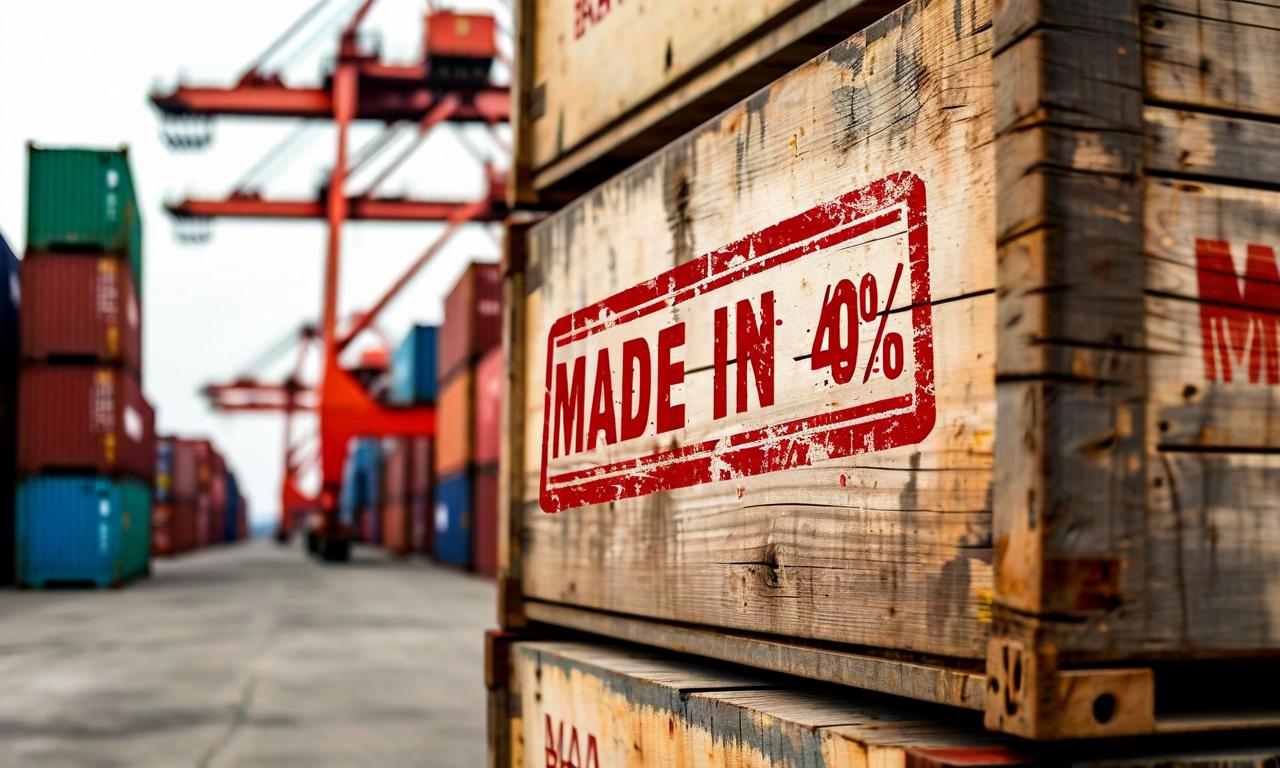Trump Administration Eyes Yared for Key Economic Roles
The Trump administration is evaluating a prominent economist for high-level positions in both the US Treasury Department and the International Monetary Fund (IMF). The economist is being considered for the role of top economic advisor at the Treasury and potentially as Deputy Director at the IMF. These appointments, if confirmed, would significantly influence both domestic and international economic policies. However, no official decisions have been announced yet.

*this image is generated using AI for illustrative purposes only.
The Trump administration is reportedly considering a prominent economist for high-level positions in both domestic and international financial institutions, according to recent sources.
Potential Treasury Department Role
Sources indicate that the administration is evaluating Yared for the position of top economic advisor at the US Treasury Department. This role typically involves providing crucial economic guidance and analysis to the Secretary of the Treasury and other senior officials within the department.
Possible IMF Position
In addition to the Treasury role, there are indications that Yared is being considered for a significant position at the International Monetary Fund (IMF). Specifically, sources suggest there is potential for Yared to serve as Deputy Director at the IMF.
Implications of the Appointments
If appointed to either or both of these positions, Yared would play a pivotal role in shaping economic policies and strategies:
- The Treasury Department position would involve influencing domestic economic policy.
- The IMF role would have broader international implications.
The consideration of Yared for these high-profile roles underscores the administration's focus on economic expertise in key positions. As discussions continue, the financial and political communities will be closely watching for any official announcements regarding these potential appointments.
Note
It's important to note that these considerations are ongoing, and no official decisions have been announced at this time. The administration's final choices for these crucial economic positions could have significant impacts on both US and global economic policies.

























